This book means very well, but a) it actually explains things very badly, despite trying very hard, and b) fails to make a good case for taking DNA into account in trying to create a more equal society.
This book means very well, but a) it actually explains things very badly, despite trying very hard, and b) fails to make a good case for taking DNA into account in trying to create a more equal society.
I am completely glazing over with this book. We're 100 pages in, and she's overcomplicatedly explained genome-wide association studies via an analogy that takes more time to lay out than it does to just explain GWAS on its own terms, and otherwise she's mostly just said: intelligence is influenced by genetics, the differences between individuals can be large, the differences between ancestral groups are likely not due to variations in the same...
This one is gonna have to be a slow read for me, because I can feel myself glazing over at times, but I do really want to read it.
To be clear: the author fully believes that intelligence is a heritable trait (along with perhaps other stuff related to success), and that we should take it into account in order to make society equitable (NOT that some people are more deserving than others as a result).
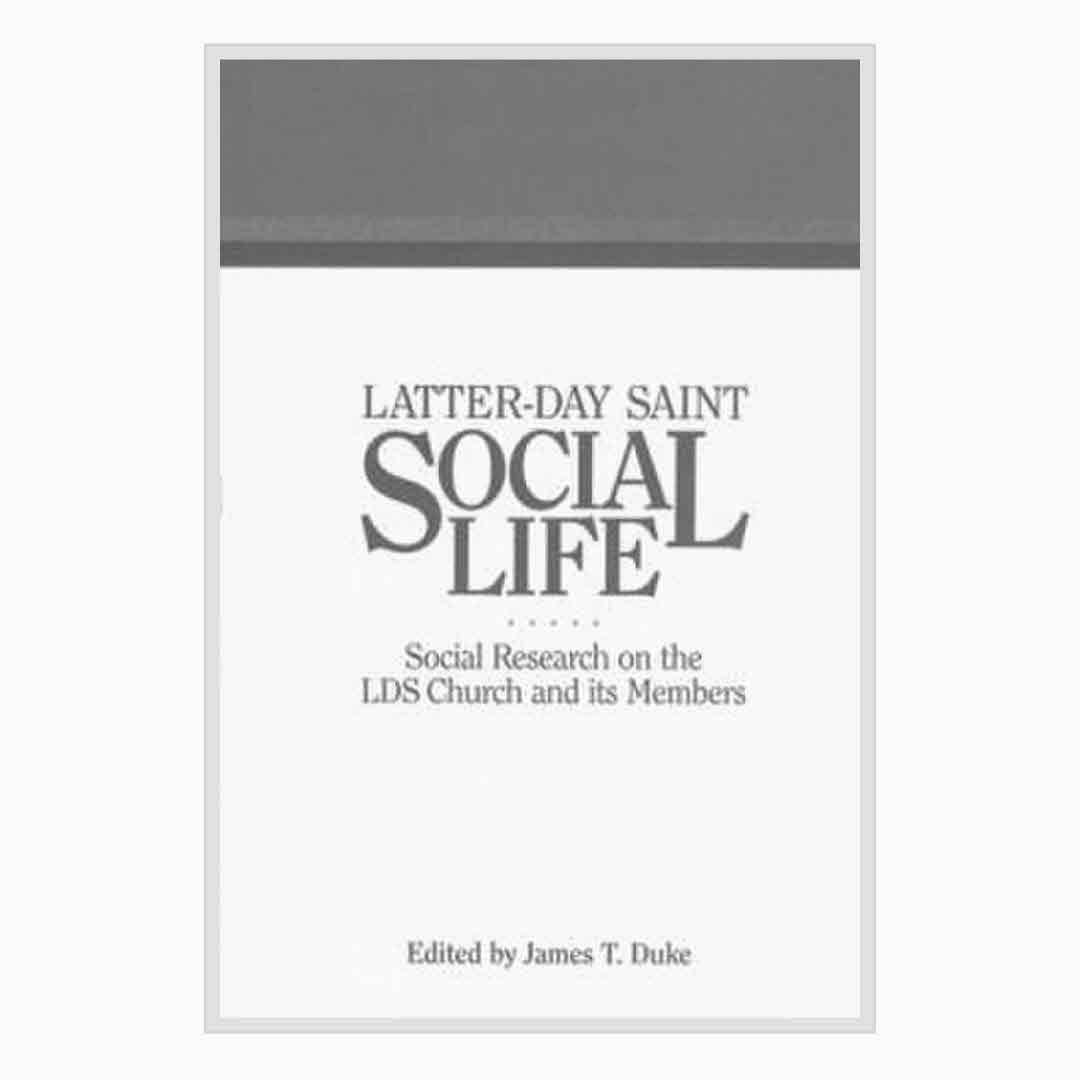
Random book from our personal library
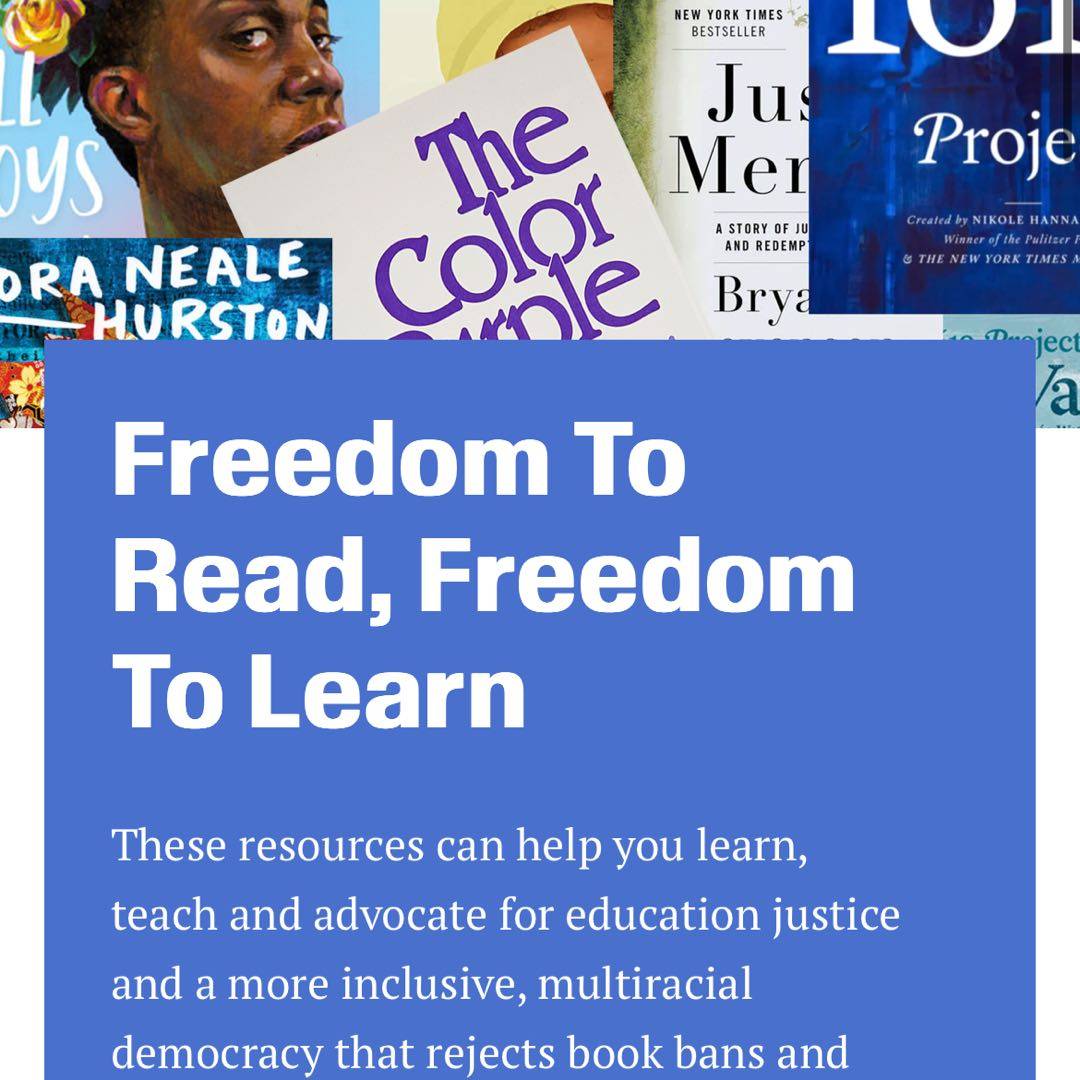
Southern Poverty Law Center‘s Learning for Justice program has lots of great resources. Especially about teaching what can be hard history subjects. The FBI has also recently cut ties with the SPLC. Which is a bit sad & scary since the SPLC monitors hate groups in the US. Just wanted to share additional info that could be beneficial: https://www.learningforjustice.org/
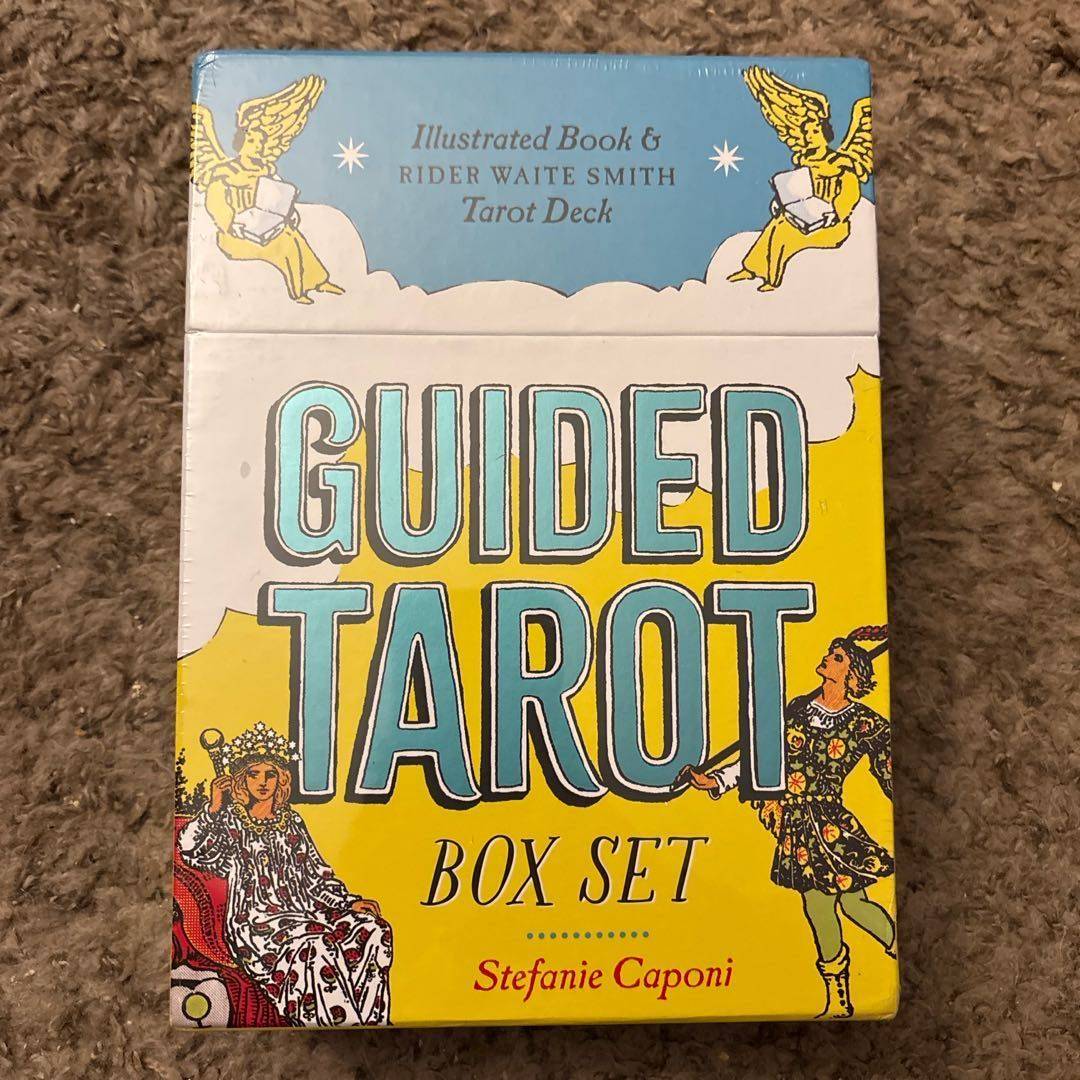
THE BOX SET HAS ARRIVED!!! I can‘t believe USPS actually delivered on a Sunday. It is Sunday, right? lol
#StephanieCaponi #GuidedTarot #tarot #psychology #sociology #history #BoxSet #Sunday #IThink
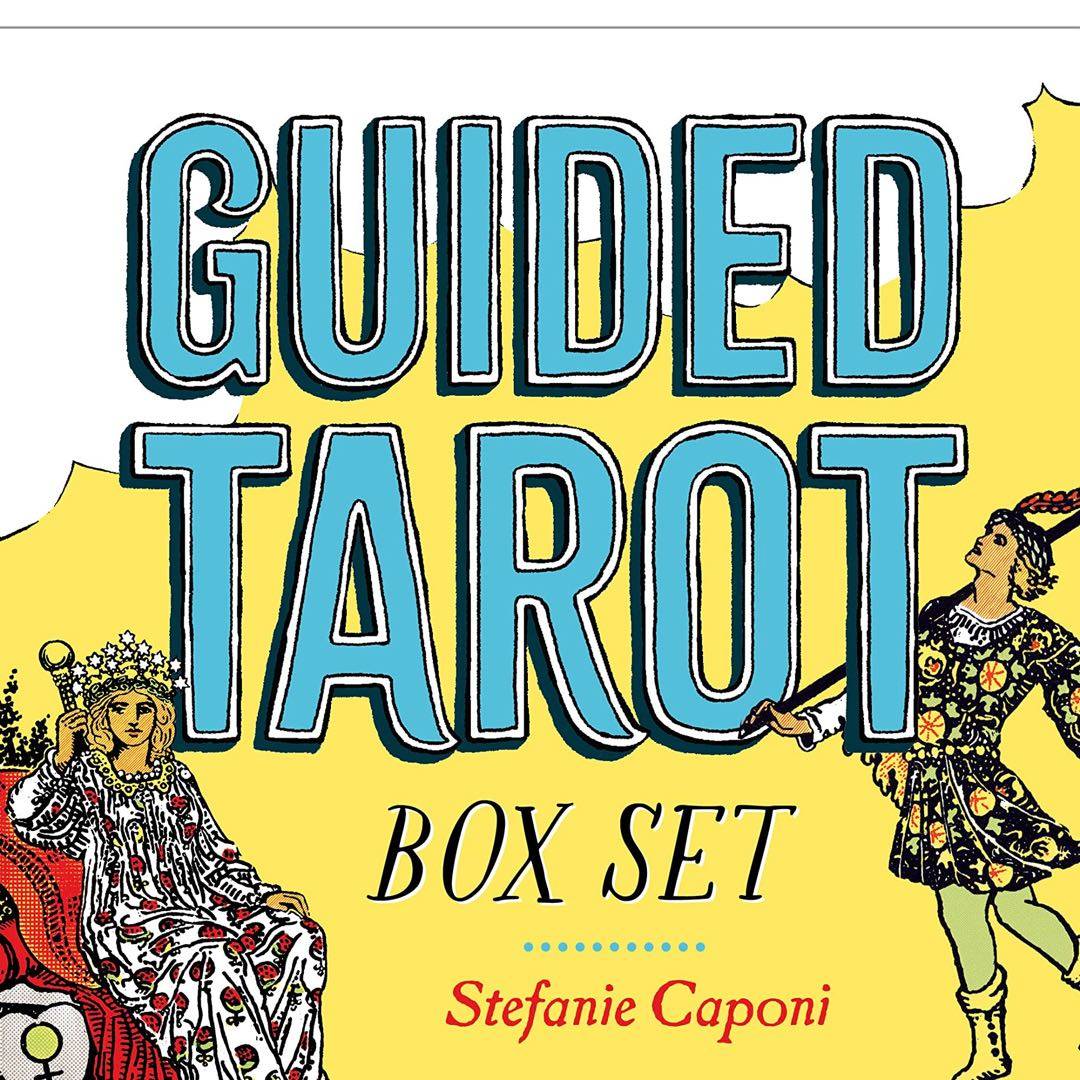
I meant to order the box set… but ended up with just the book. Then getting the box set was still the most cost effective way to get the cards… so the box set will be here Monday. I‘m reading the book already, though.
#StephanieCaponi #GuidedTarot #tarot #psychology #sociology #history
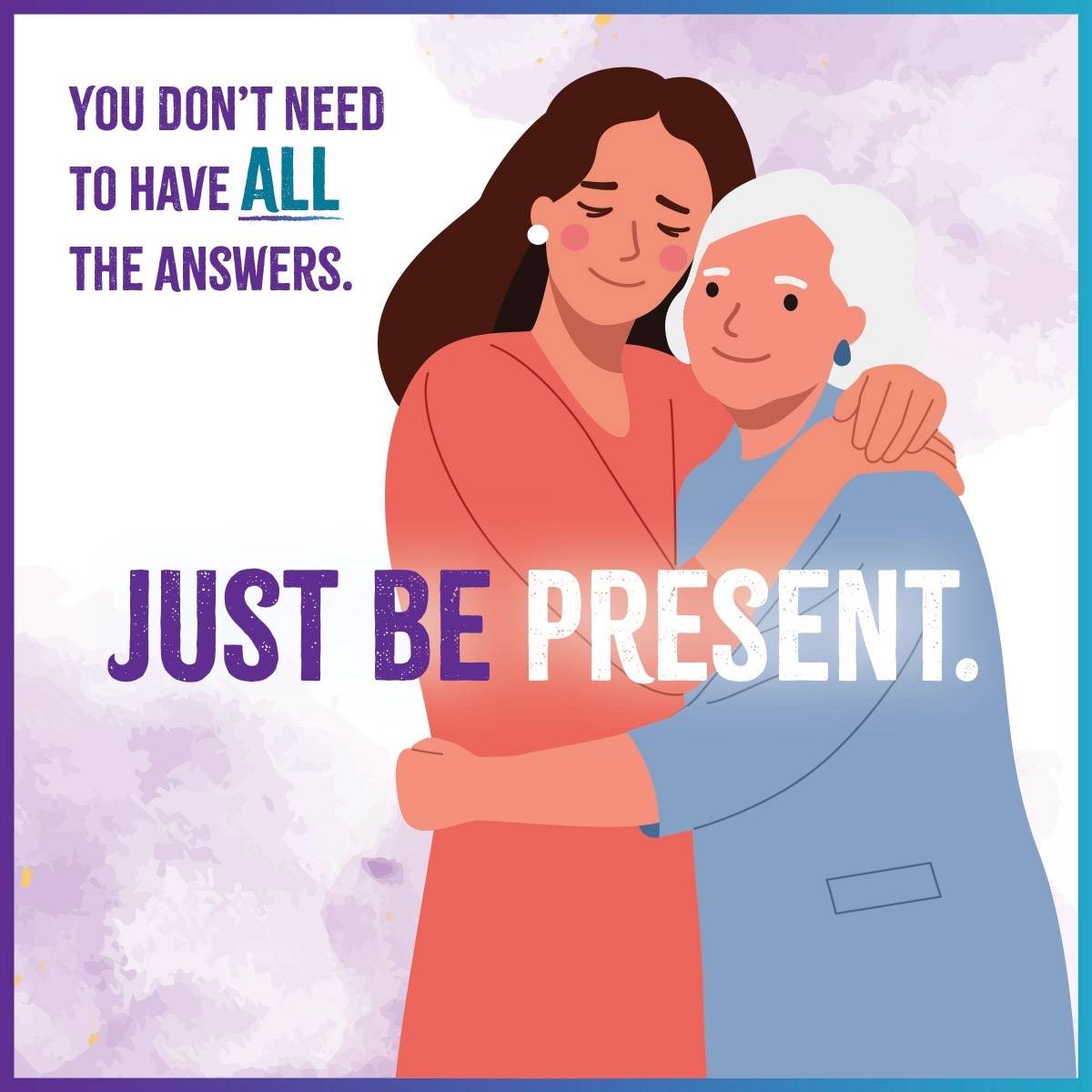
September is Suicide Prevention Awareness Month. Learn the warning signs, ⚠️normalize help-seeking, and let people know there are proven treatments that work. Check out SAMHSA‘s #SuicidePreventionMonth toolkit ➡️ samhsa.gov/suicide-prevention-month
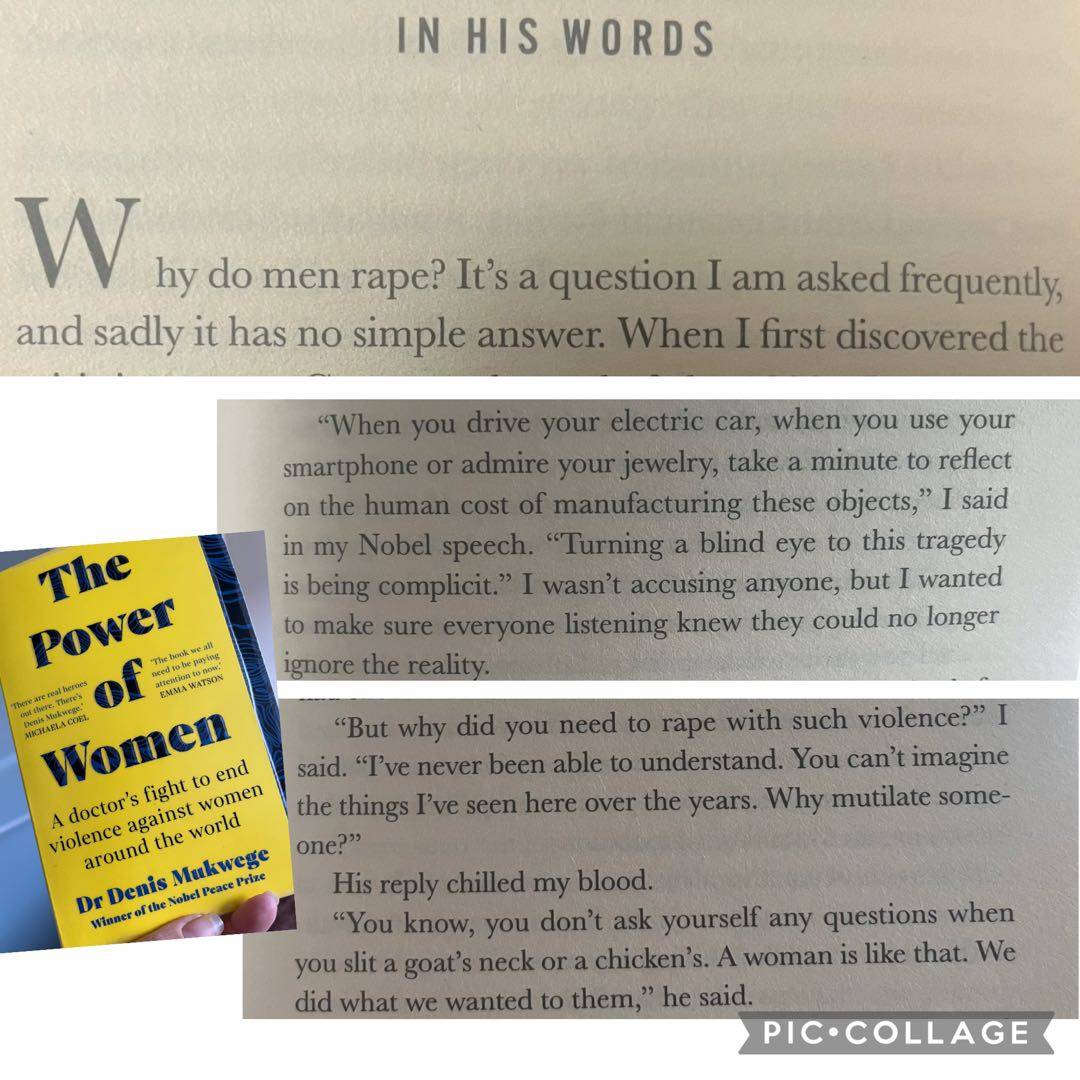
I would make this book mandatory reading if I could! I know many wouldn‘t want to know, many would choose to not know, and sadly that is a big problem for women, and men as well.